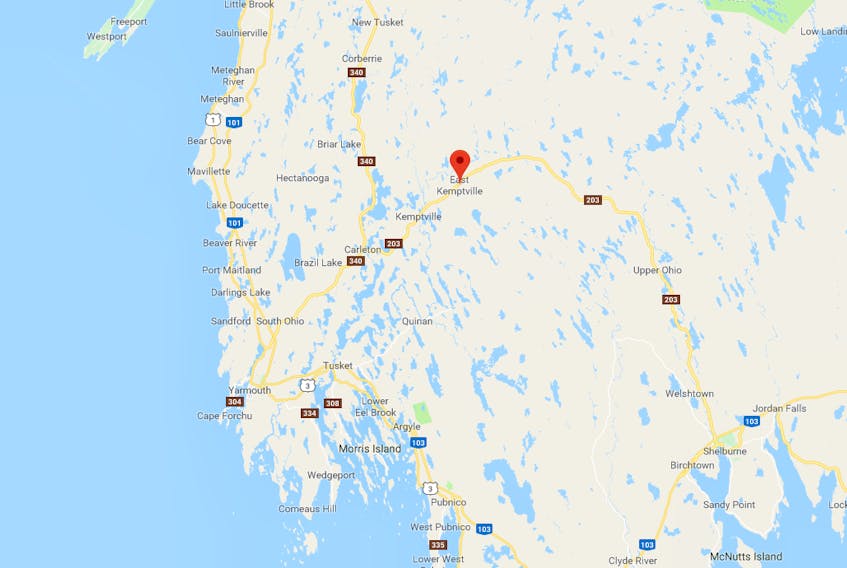YARMOUTH, N.S. – The president and CEO of the company looking to establish a new mining operation at the site of the former tin mine in East Kemptville, Yarmouth County, says they are quite confident the project will become a reality, although the timeframe could hinge on various factors, with a potential start-up perhaps by late next year.
“It’s looking quite promising actually,” said Don Bubar of Avalon Advanced Materials Inc., the company pursuing the project.

It has been 26 years since Rio Algom closed its Yarmouth County tin mine. Opened in the mid-1980s, the mine was one of the region’s biggest employers for the half-dozen years or so it operated, but low tin prices were an ongoing issue and the mine finally was shut down in early 1992.
Avalon Advanced Materials is looking at developing a smaller-scale operation that could employ about 50 to 55 full-time personnel, Bubar said. Rio Algom had employed over 200.
“It’s not 100 per cent sure (that the project will proceed),” Bubar said, “but we feel pretty confident that, barring some really unusual, unforeseen circumstance (such as) the collapse of the price of tin or somebody recognizes an issue there that we haven’t seen that causes a delay or something like that ... then I think we can do this, and it’s a matter of working through the regulatory process and getting through that efficiently.”
The price of tin has moved in the right direction for this type of project – climbing to and exceeding $20,000 a tonne – but, aside from tin, Bubar said part of what attracted him to the East Kemptville site was the presence of other materials, including indium, that would be a good fit for his company, given its interest in non-traditional technology metals.
The company has created a model for the East Kemptville project with a strong environmental component that Bubar describes as “quite compelling ... It doesn’t require a whole lot of capital. It doesn’t create a whole lot of risk. It doesn’t expand the footprint that’s already there.”

Bubar cites the efforts of Mark Wiseman, Avalon’s vice-president of sustainability, a biologist and expert on the environmental impact of mining operations. (Wiseman is the scheduled guest speaker for the April 17 annual general meeting of the Tusket River Environmental Protection Association (TREPA.))
Asked about the latest timeframe for the project, Bubar said a number of things could come into play, but he said the potential is there – again depending on various factors – for the operation to start by the end of 2019.
“The way we’re looking at it now is when we get the word ‘go’ in terms of having all the approvals and permissions in place and the necessary financing in place, then it could be 12 to 16 months from that point in time to being in operation,” he said. “The main thing we would have to do is there is no process facility there, so we would have to get another one built and installed, but we’re looking at something fairly small-scale and fairly simple in terms of its overall process design, so it won’t take too long once we are able to hit the start button.”
John Sollows, executive director of TREPA, said Avalon has done a great job of reaching out to the local environmental group about the mine project.
Said Bubar, “There really is a lot more scope now for co-operation between communities and extractive companies doing things in an open, transparent way, with the principles of sustainability built into the whole operation.”









